Our Network

Ziqian (Cecilia) Dong, Project PI, is Professor of Electrical and Computer Engineering at the New York Institute of Technology. Her research interests include high-performance computer networks, wireless sensor networks, assistive medical devices, and cyber-physical systems. Her recent research has been focused on developing innovative technology to generate data and analytical methods to provide a better understanding of the food, energy, and water nexus for a sustainable and resilient environment. Her research has been supported by the National Science Foundation, Northrop Grumman, Motorola, National Collegiate Alliance for Inventors and Innovators, Xilinx, and NYIT. She is a senior member of the IEEE Communications Society, IEEE Women in Engineering, and a member of the American Society for Engineering Education (ASEE), ACM, and the Environmental Sensing, Networking and Decision-Making (ESND) technical committee. She has served as a member of the technical program committee of IEEE HPSR, IEEE Sarnoff, IEEE GreenCom, and ChinaCom, and as a reviewer for IEEE journals, conferences, and NSF panels. She also serves as a faculty mentor for the Society of Women Engineers NYIT student chapter. Site: http://iris.nyit.edu/~zdong02
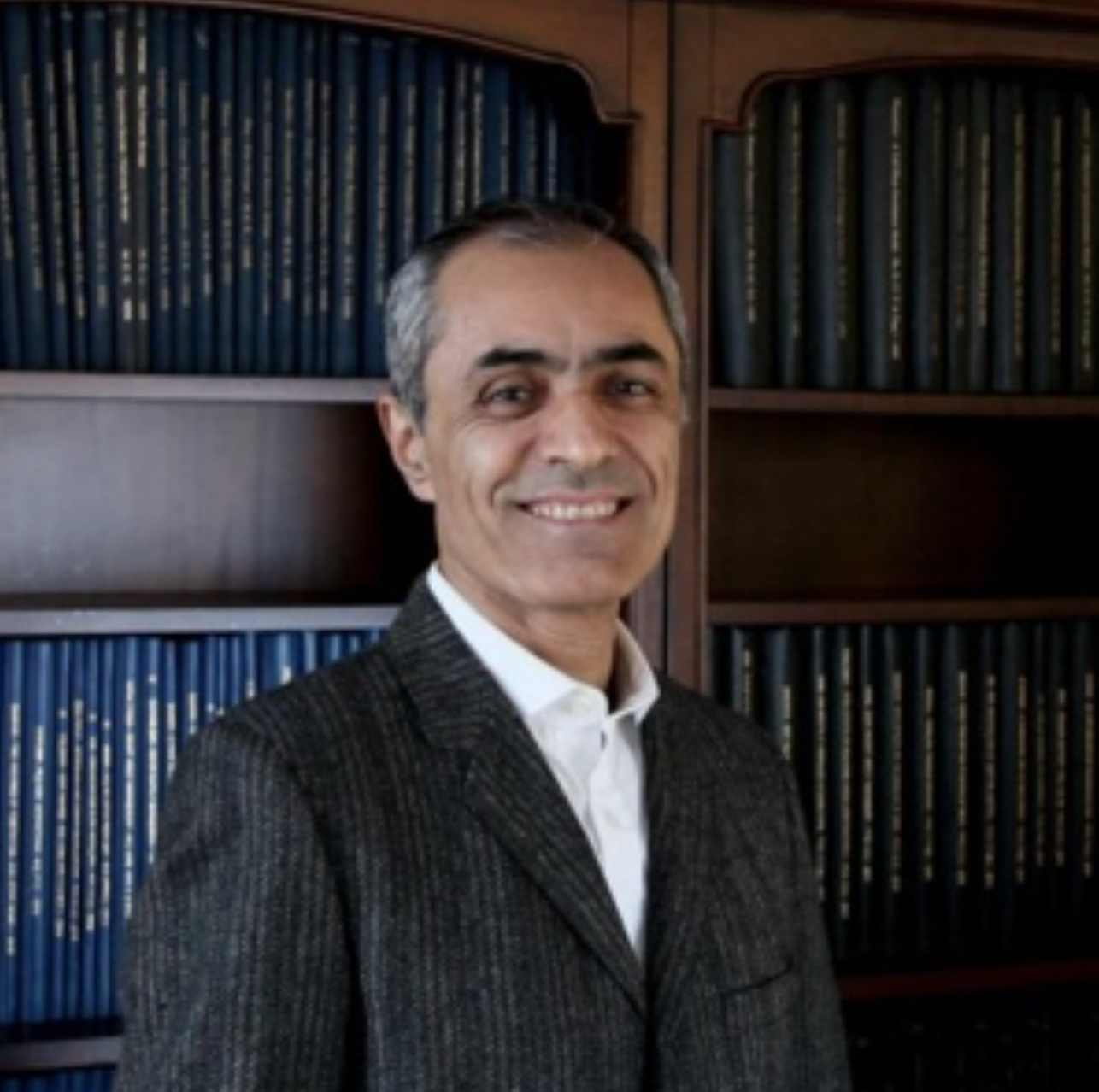
Masoud Ghandehari, Project Co-PI, serves on the Faculty of Civil and Urban Engineering at the NYU Tandon School of Engineering and is an associate faculty at the NYU Center for Urban Science and Progress. His research focus is on urban systems engineering and the application of advanced instrumentation and data analysis targeting the aging, health and performance of infrastructure systems. Through the application of sensing, and modeling, he works on methodologies that generate data on the interaction of physical, natural and human systems in cities. His research in optical spectroscopy, sensing, imaging, and data analytics has led to the development of applications and technologies suitable for diverse environments and multiple scales; ranging from the molecular to the urban landscape.
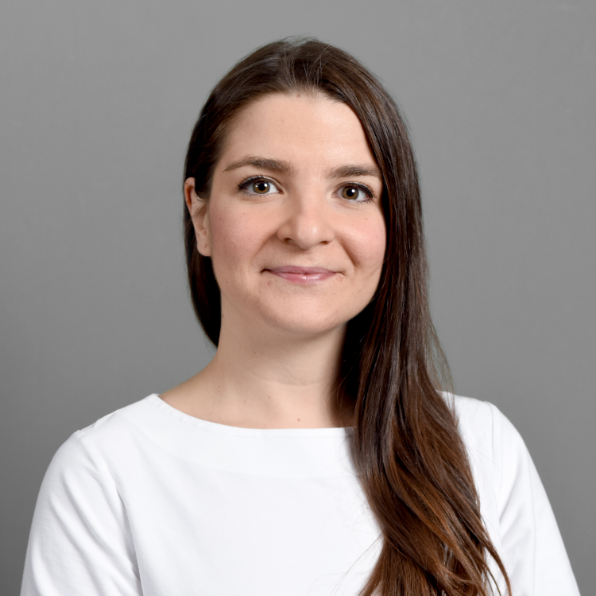
Giulia Pedrielli, Project Co-PI, is currently assistant professor for the School of Computing, Informatics, and Design Systems Engineering at Arizona State University. She was previously postdoctoral fellow at the Department of Industrial and Systems Engineering at National University of Singapore and Department of Mechanical Engineering of Politecnico di Milano. She was also research fellow for the Institute of Industrial Technologies and Automation within the National Research Council, Italy, (ITIA-CNR). She has been a visiting doctoral student at University of California at Berkeley, Department of Industrial Engineering and Operations Research (IEOR) during the period August 2011 – June 2012 collaborating with Professor Lee W. Schruben.
She develops her research activity in the area of stochastics and simulation with a particular interest in simulation based optimization. She has dealt with applications in several domains: manufacturing including automotive and de-manufacturing, power systems, supply chains, automation and warehousing, and health care. She is increasingly involved in real time control under uncertainty in the domain of cyber-physical systems including robotics
Ziqian Dong
New York Institute of Technology
Giulia Pedrielli
Arizona State University
Masoud Ghandehari
New York University
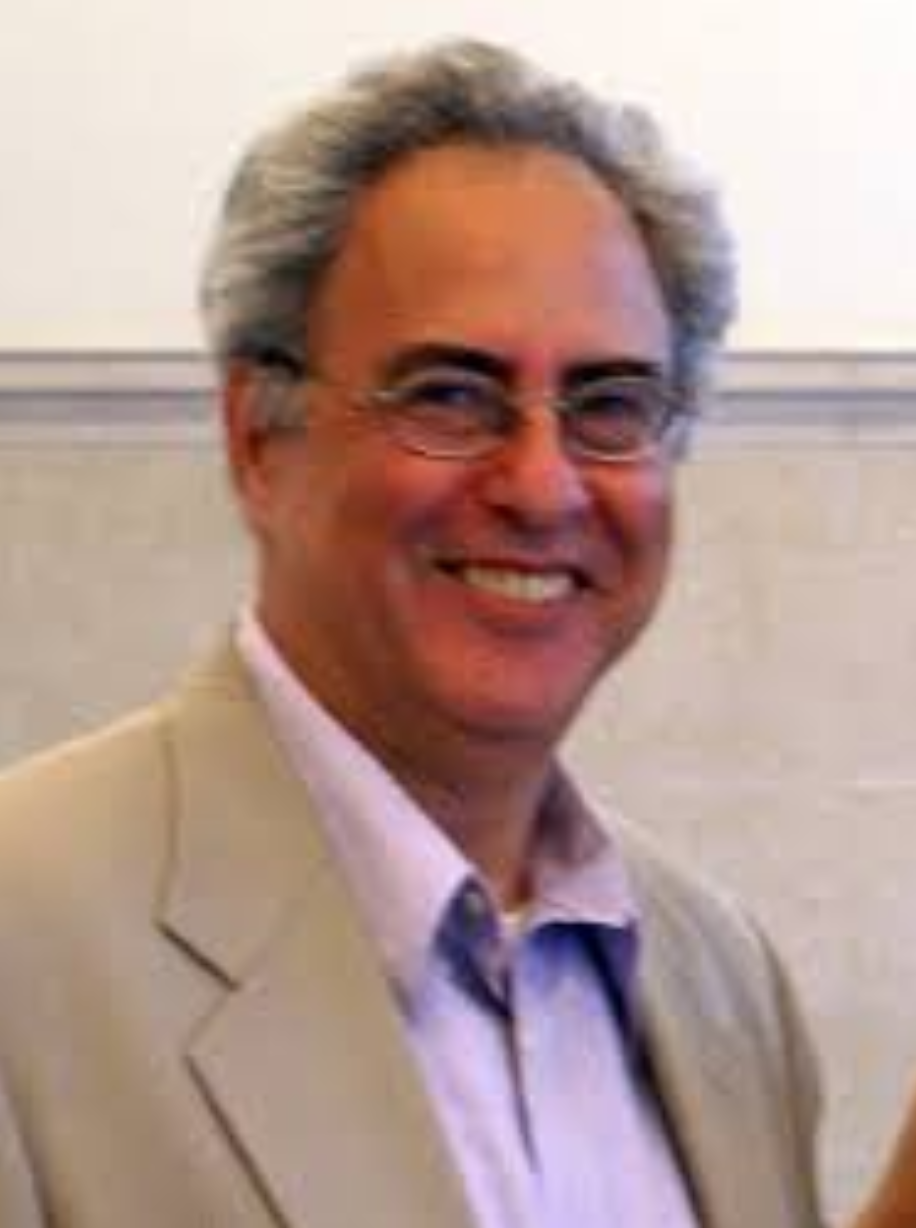
Michael Bobker, Project Co-PI, directs the CUNY Building Performance Lab, which he created with NYSERDA support in 2006 as part of the CUNY Institute for Urban Systems (CIUS), returning to the university after 25 years in energy engineering practice. He leads BPL’s applied research and training, especially for NYC municipal buildings. As Associate Director of the CIUS, he organizes research across the university focused on next-generation thinking about urban infrastructure, with a goal of applying cutting- edge knowledge to practical education.
Mr. Bobker holds Masters degrees in Sociology-Anthropology from Oberlin College and in Energy Management from the NY Institute of Technology. He is a Certified Energy Manger and is active in ASHRAE activities for the education of engineers around energy efficiency in building operations.
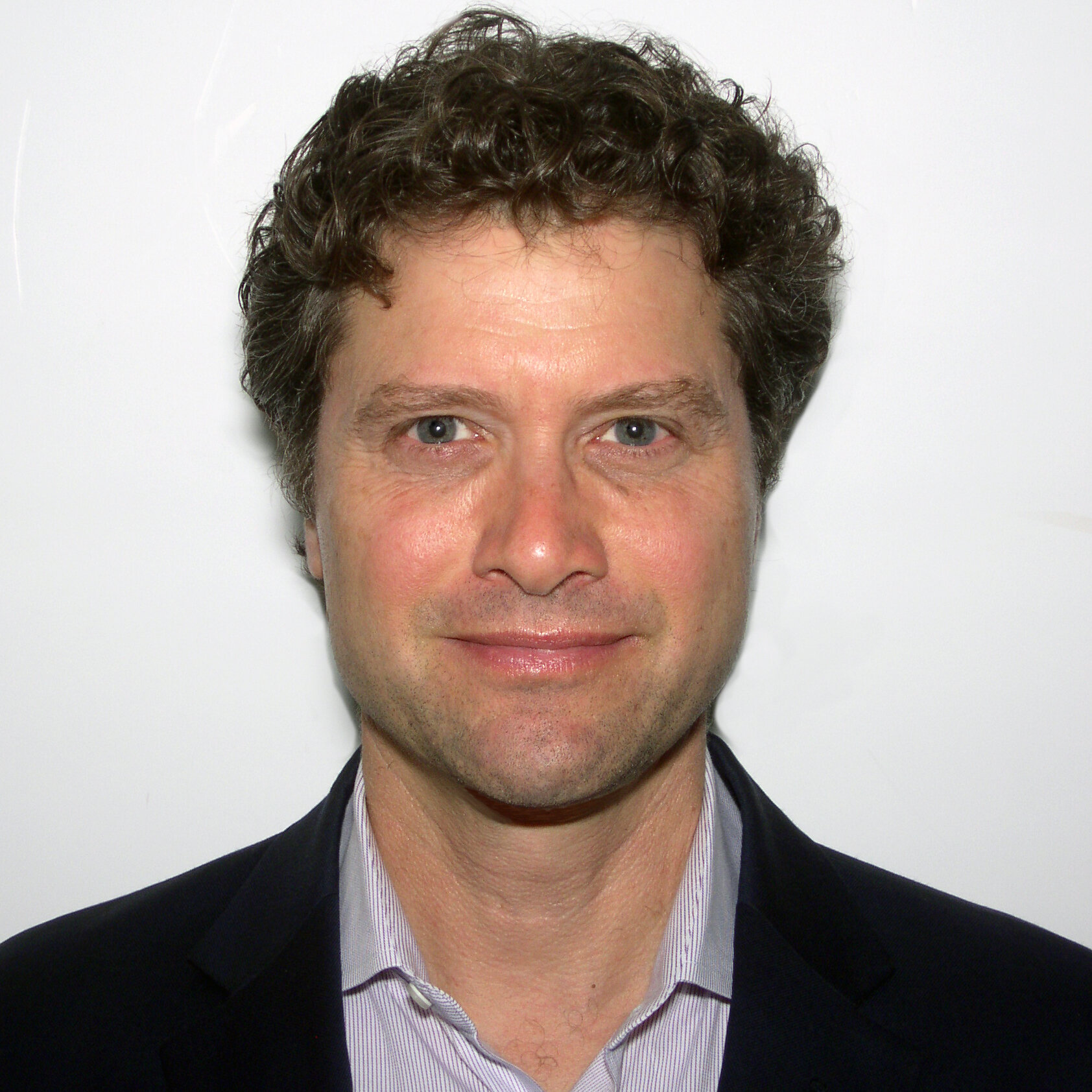
Jeffrey Raven, Project Co-PI, is a specialist in sustainable and resilient urban design whose research is applied in professional practice and disseminated throughout the profession, government and allied disciplines. As Director of the NYIT Graduate Program in Urban and Regional Design, he has shaped the program to engage the fluid, interdisciplinary and global urban design profession that is practiced in the 21st century.
His professional practice focuses on US-international urban design projects and knowledge transfer. Projects in the Arabian Gulf, India, Southeast Asia, Eastern Europe and the United States include low- carbon communities, green buildings, and smart growth. Jeffrey contributes to the development of US and international sustainable-resilient guidelines-metrics, including STAR Communities, the Global EcoDistrict Protocol, McKinsey’s Green Districts and Urban Land Institute Technical Assistance Panel. His work expands on the traditional influence and capabilities of architect-urbanists by bridging climate science, policy and design practice.
His lectures and workshops include Cambridge University (England), The World Bank (Washington), the Humboldt Foundation (Germany), the Pavillon de l’Arsenal (Paris), Université Paris-Est, the Pierre and Marie Curie University (Paris), Columbia University, Cornell University, Tongji University (Shanghai), Beijing University of Civil Engineering & Architecture, Peking University, Xiamen University (China), Mumbai First (India), Asian Development Bank (Manila), Climate Change Summit 2017 (Morocco), United Nations (UNEP, Habitat, UNDP), the Regional Assembly (NYC), the Center for Architecture (NYC) and The New York Times Knowledge Network. His publications include coordinating lead author of Urban Planning & Urban Design - Climate Change and Cities (Cambridge University Press 2018); From Climate Science to Practice, Urban Design & Climate Change, (Urban Design Journal-London 2019), Climate Resilient Urban Design, Resilient Cities (Springer 2011); and Shaping Resilient Cities in China, India and the United States (P. Lang 2014). His recent externally funded research includes National Science Foundation grants totaling $1.17 million: The EU-USA Sustainable Urbanisation Global Initiative-Belmont ($375K) and City-As-Lab INFEWS/T3 RCN ($747K).
Elevated to the College of Fellows of the American Institute of Architects (FAIA) in 2015. Since 2016, he serves as Co-Chair of the American Institute of Architects New York Chapter Planning & Urban Design Committee and on the Board of Directors for AIA New York State.
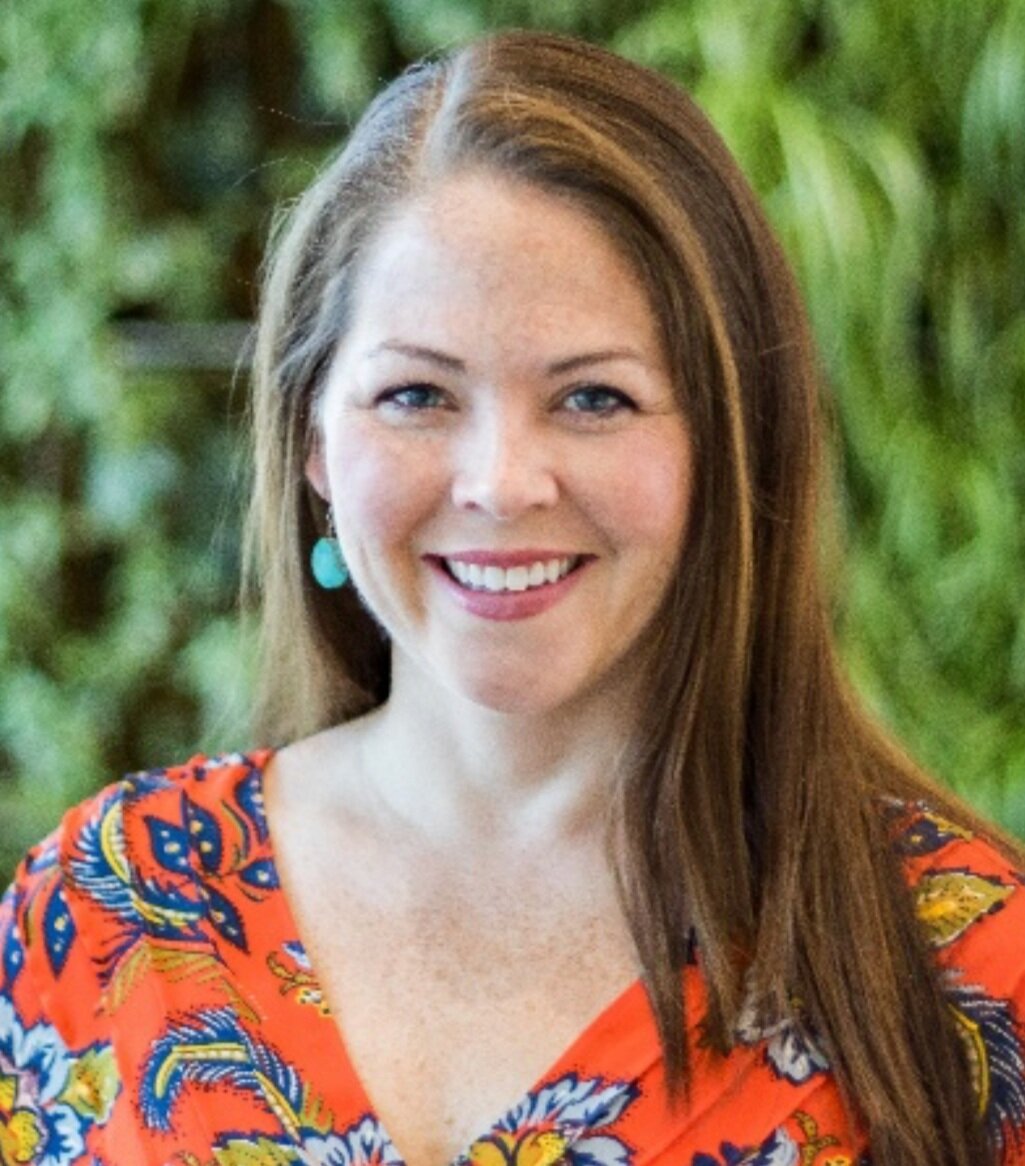
Dr. Callie Babbitt, is an Associate Professor in the Golisano Institute for Sustainability at Rochester Institute of Technology. She directs an interdisciplinary research team who studies sustainable solutions for global environmental challenges, including consumer electronics, food waste management, and sustainable urban systems. Since joining the RIT faculty, Callie has raised over $2.5 Million in sponsored research and mentored over 40 students. She teaches classes on Industrial Ecology, Communicating Sustainability, and Sustainable Food Systems. Callie is a Fulbright U.S. Scholar and a past recipient of the NSF Faculty Early Career (CAREER) Award and the AT&T Technology and Environment Award.
Michael Bobker
City College of New York
Jeffrey Raven
New York Institute of Technology
Callie Babbitt
Rochester Institute of Technology
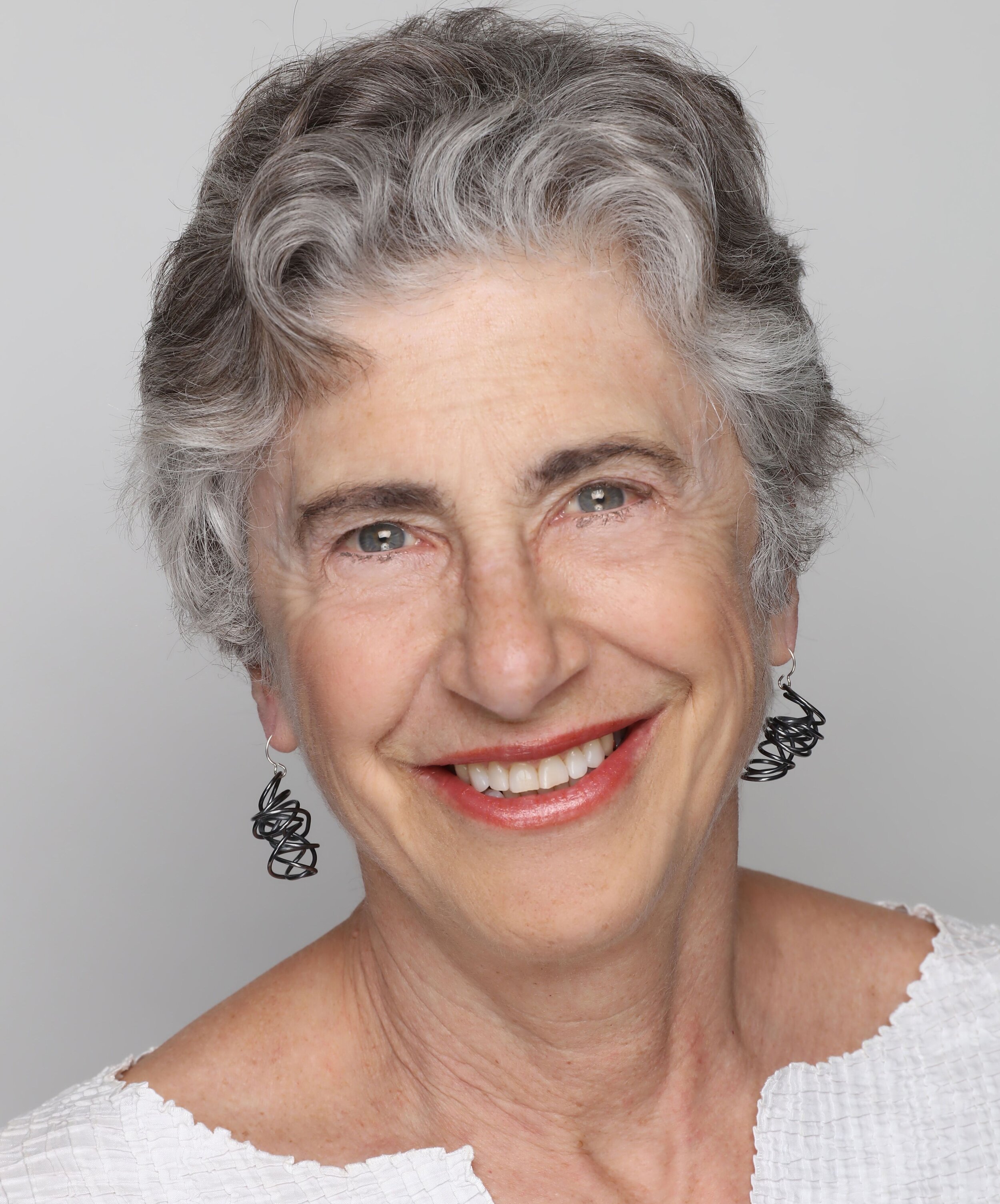
Hillary Brown FAIA is Professor of Architecture at the Spitzer School of Architecture, City College of New York (CCNY), City University of New York. She is Program Director of the College’s interdisciplinary master’s program: Sustainability in the Urban Environment, developed with the Grove School of Engineering, Spitzer School of Architecture and CCNY’s Division of Science, and Colin Powell School for Civic and Global Leadership.
Hillary Brown
City College of New York
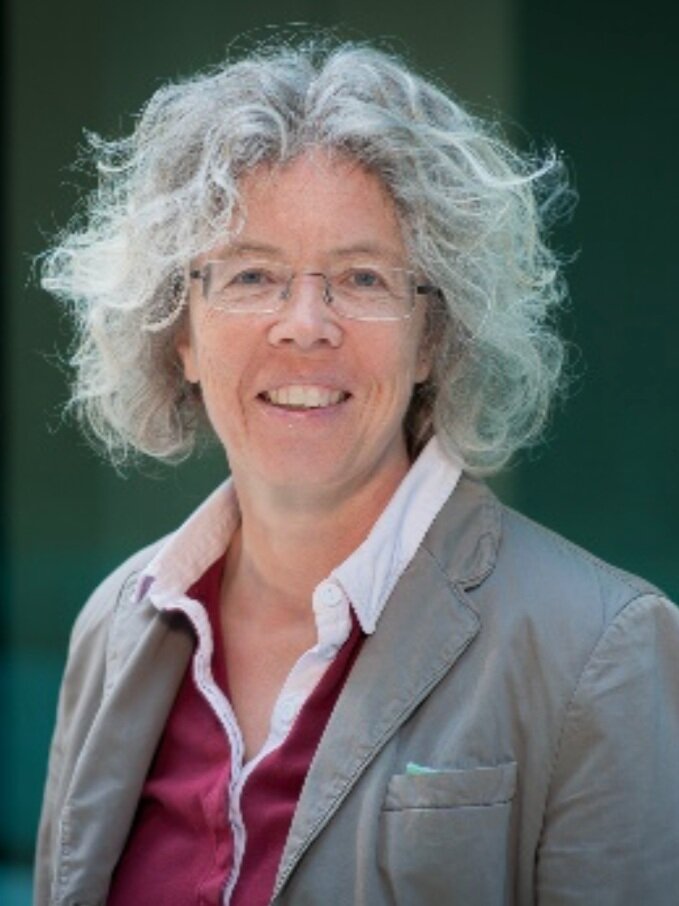
Prof. Ursula Eicker is the new Canada Excellence Research Chair (CERC) for Next Generation Cities at Concordia University Montréal. A German physicist, Eicker has held leadership positions at the Stuttgart University of Applied Sciences and its Centre for Sustainable Energy Technologies. She has been leading international research projects in the fields of energy efficiency in buildings and sustainable energy supply systems for more than two decades.At Concordia, she leads an ambitious research program to establish pathways toward new tools, technologies and strategies for zero-carbon cities.
Ursula Eicker
Concordia University

David Nadler comes to NYIT after a long tenure as a director within the New York City Department of Environmental Protection. An alumni of the program as well as an adjunct faculty member, Nadler joined NYIT in 2017 as chair of Environmental Technology and Sustainability. He received his Ph.D. in Health Science from Touro University in 2013 and conducted research that modeled allergy development to prenatal antibiotic exposure. His test of the hygiene hypothesis can be applied to any environmental system.
By applying his backgrounds in health science and environmental technology, Nadler focuses on making the Environmental Technology and Sustainability degree truly interdisciplinary. He is focused on showing how proper environmental infrastructure improves the quality of life and health for society. Lastly, he serves as a reviewer for the Journal of Bioremediation.
David Nadler
New York Institute of Technology
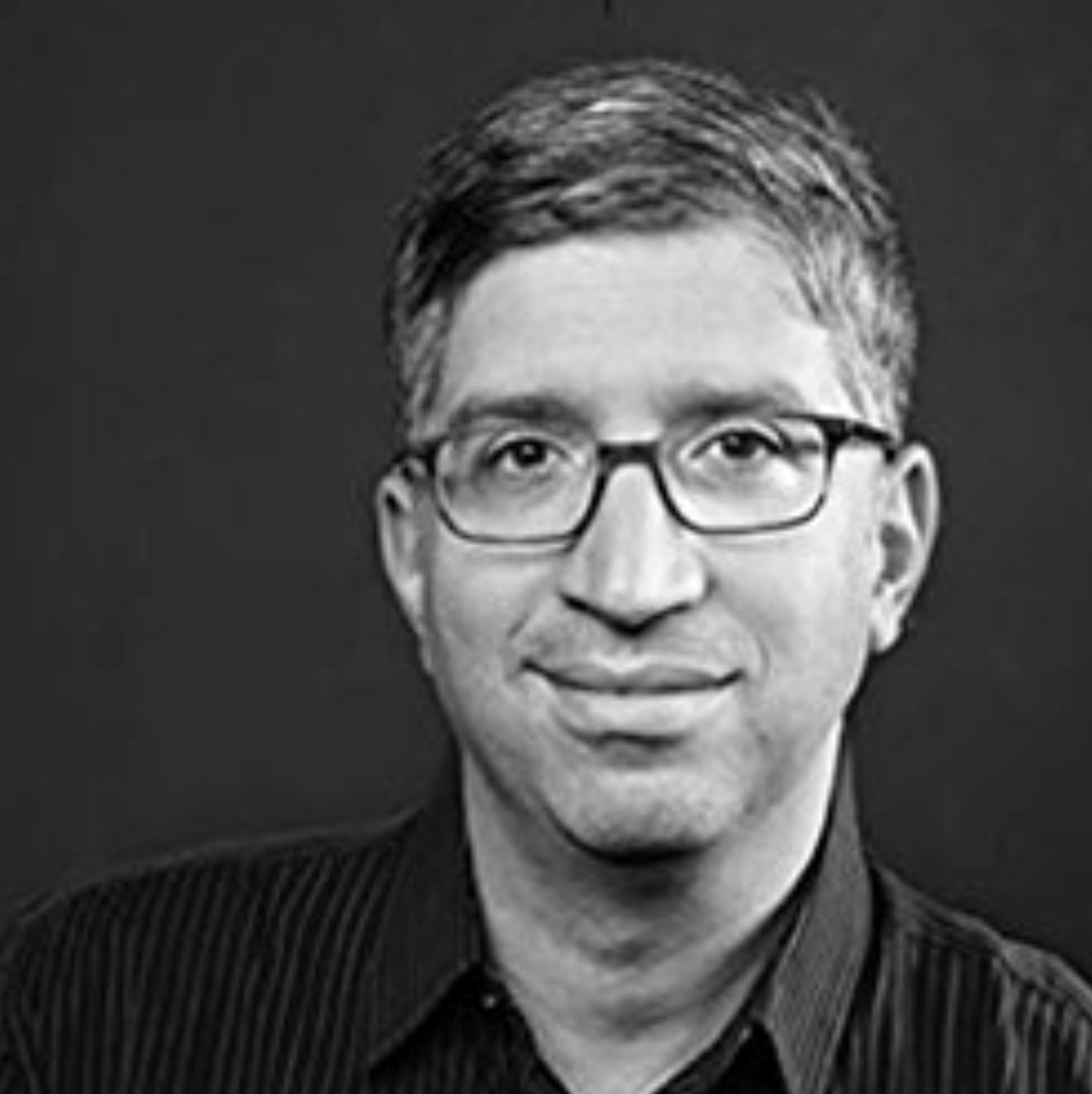
Nicholas Dagen Bloom, Former Project CoPI, Professor of Urban Policy and Planning at Hunter College. His research analyzes long-term planning outcomes in essential urban systems such as subsidized housing and mass transportation. He is the author of Suburban Alchemy (OSU, 2001), Merchant of Illusion (OSU, 2004), Public Housing That Worked (Penn, 2008), The Metropolitan Airport (Penn, 2015), and How States Shaped Postwar America (Chicago, 2019). He is co-editor of four edited collections including the prize-winning Public Housing Myths (Cornell, 2015) and Affordable Housing in New York (Princeton, 2015). Bloom serves as Co-Editor in Chief of The Journal of Planning History, the flagship publication of the Society for American City and Regional Planning History.
Professor Bloom has been quoted extensively on housing and other topics in media outlets including WNYC, The New York Times, CNN, and The Washington Post. As a frequent contributor to Gotham Gazette, he has written extensively on issues related to public housing; his editorials have also appeared in Newsday, The Daily News, and City Limits. As a co-curator of housing exhibitions at Hunter College and the Skyscraper Museum he has highlighted overlooked dimensions of community life. Bloom frequently joins panel discussions on issues of concern to planners, historians, architects, and the general public.
Nicholas Bloom
Hunter Urban Policy & Planning
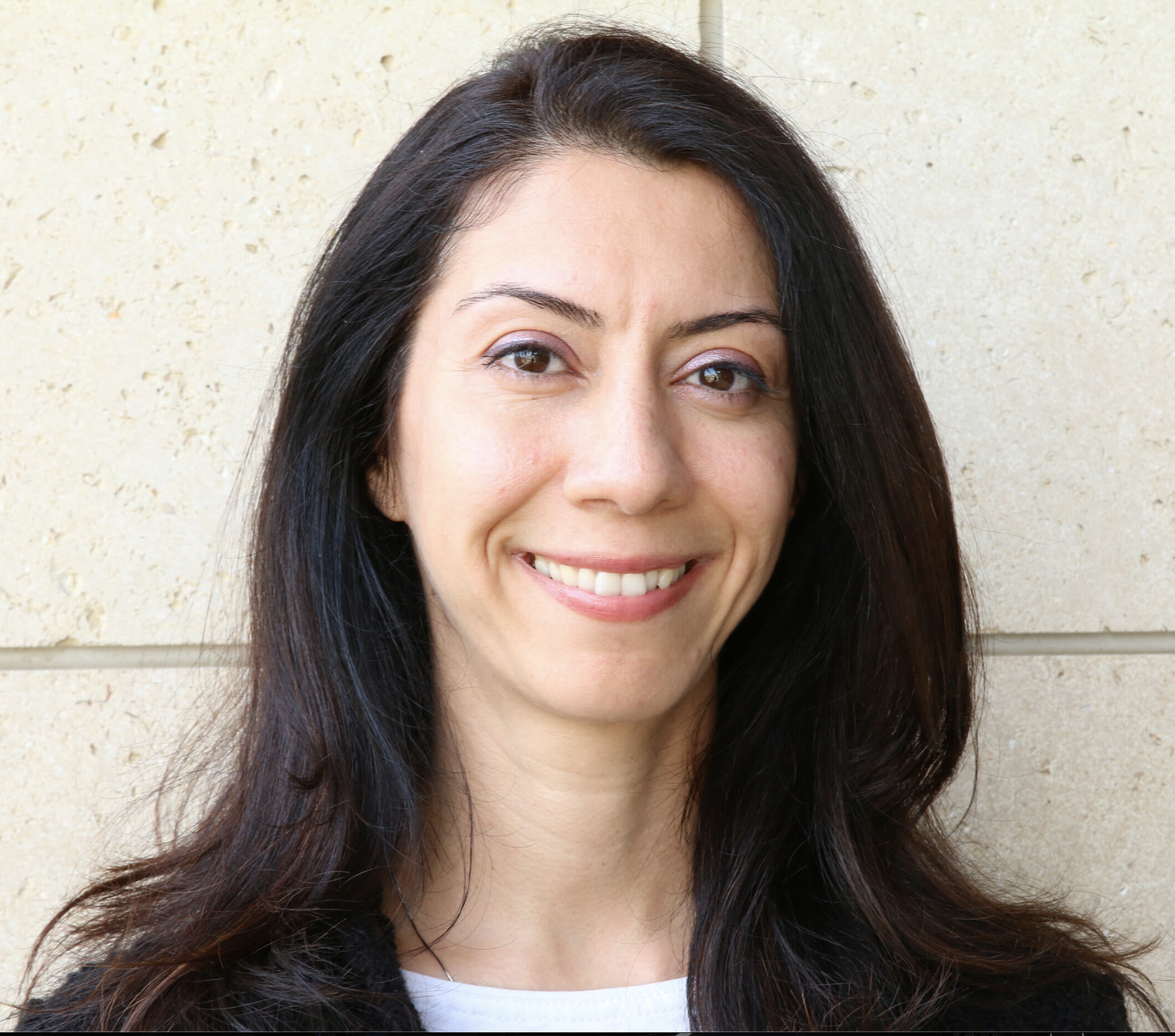
Newsha K. Ajami, Ph.D., is the director of Urban Water Policy with Stanford University’s Water in the West and NSF-ReNUWIt initiatives. She is a hydrologist specializing in sustainable water resource management, water policy, the water-energy-food nexus, and advancing uncertainty assessment techniques impacting hydrological predictions. Her research throughout the years has been interdisciplinary and impact driven, focusing on the improvement of the science-policy-stakeholder interface by incorporating social and economic measures and relevant and effective communication.
Newsha K Ajami
Stanford University
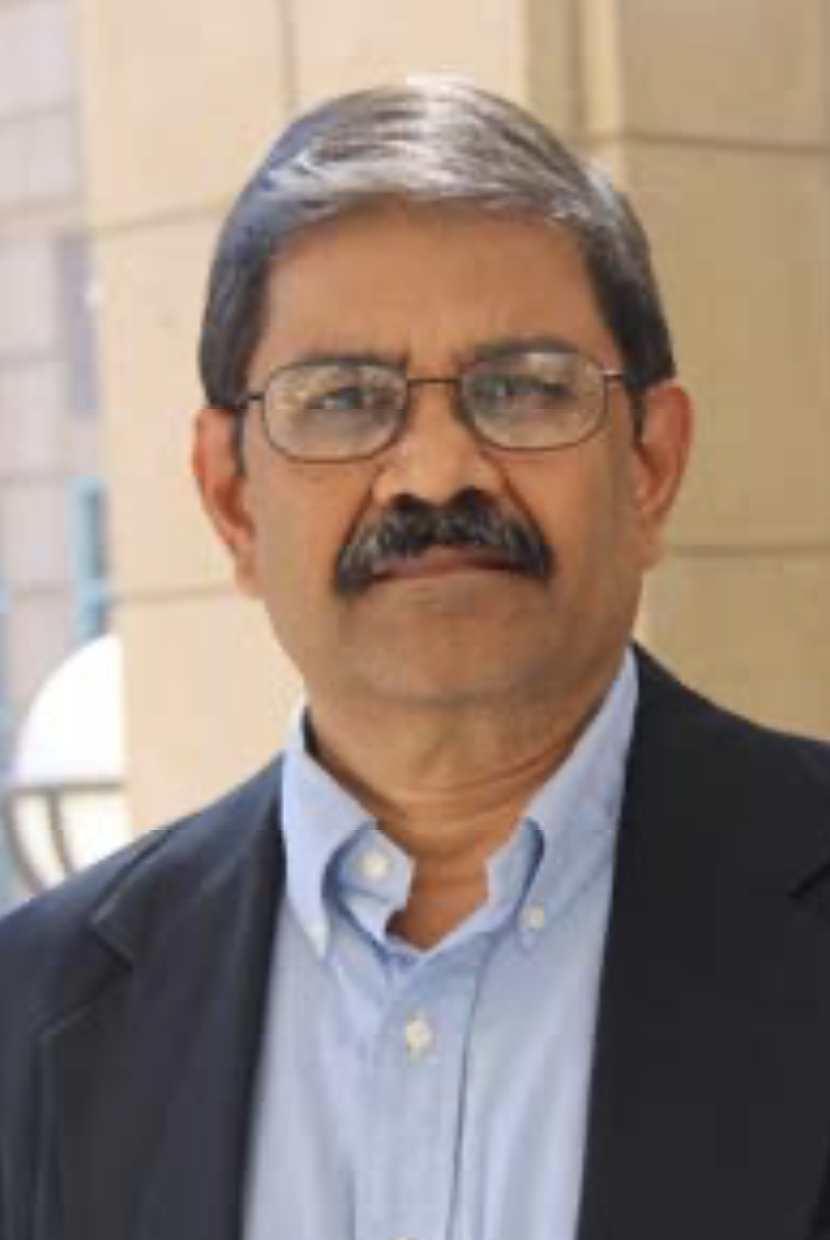
T. Agami Reddy, Ph.D., P.E. is SRP Professor of Energy and Environment at Arizona State University with joint faculty appointments with the School of Sustainable Engineering in the Built Environment and the Design School. He is a licensed mechanical engineer with over 30 years teaching and research experience in solar energy system simulation, building energy inverse data analysis and modeling, energy efficient and green building technologies, and sustainable/resilience concepts as applied to energy infrastructure systems. He has over 150 refereed publications and three books on solar system design, energy data analysis and modeling, and heating and cooling of buildings. He has completed about 50 research projects with funding from federal/state agencies and private organization and companies.
Agami Reddy
Arizona State University
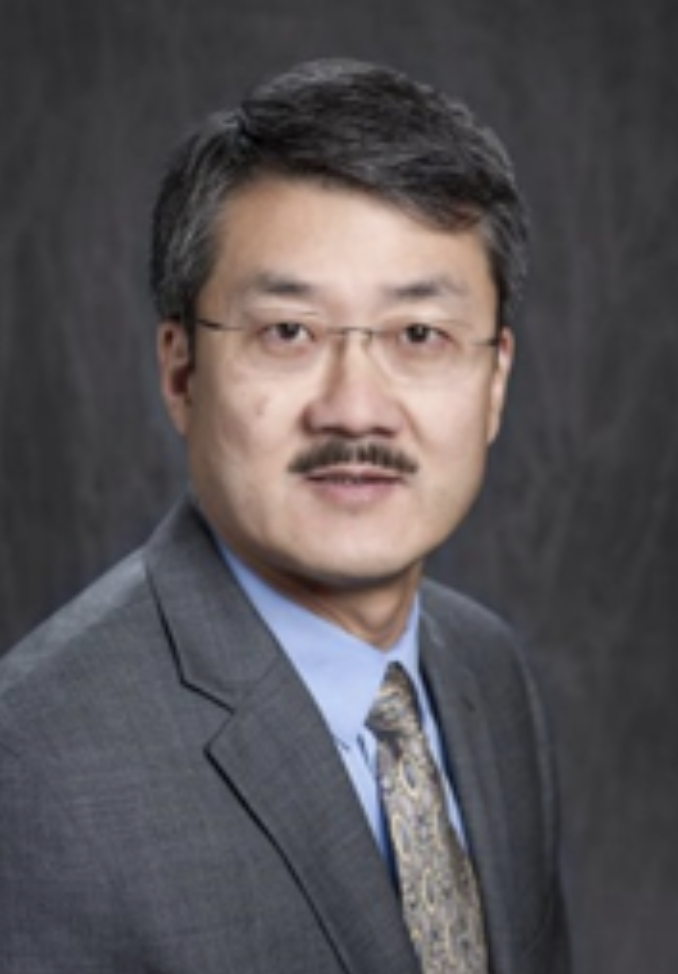
Dr. Yimin Zhu is a full professor and holder of the Pulte Homes Endowed Professorship in the Bert S. Turner Department of Construction Management at Louisiana State University. He has more than 20 years of academic teaching, research, and industry experiences. Throughout his career, he has taught a variety of undergraduate and graduate courses including building information modeling, construction information systems, and sustainable construction. Dr. Zhu’s research focus is on computing for built environment design and engineering. His research was funded by various state and federal agencies including the National Science Foundation and the Department of Energy. He has published more than 130 peer-reviewed technical articles. He is a specialty editor of the Journal of Computing in Civil Engineering and an editorial board member of the International Journal of Construction Management.
Yimin Zhu
Louisiana State Univesity
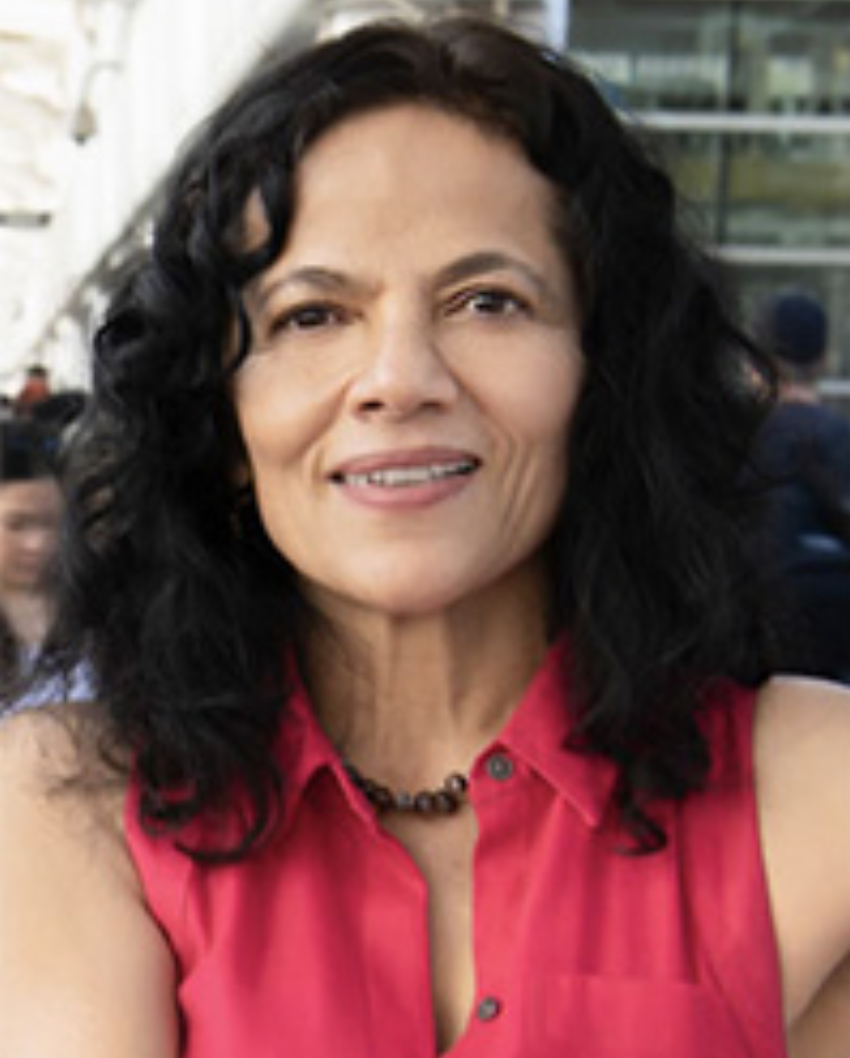
Dr. Patricia “Paty” Romero-Lankao joined NREL’s Center for Integrated Mobility Sciences in 2018 as a senior research scientist in joint appointment with the University of Chicago’s Mansueto Institute for Urban Innovation, where she is a research fellow. Previously, she was senior scientist at the National Center for Atmospheric Research.
Paty examines the interactions among people and cities, with a particular emphasis on the sustainability of energy systems, mobility, and the built environment, as well as their resilience to disruptive events. Throughout her career, she has developed a considerable body of highly regarded interdisciplinary research, resulting in several research grants, and some 125 peer-reviewed publications. This work primarily focuses on crucial intersections between urbanization and risk, with emphasis on:
1. The dynamics of urbanization and urban systems that shape inequality in risk at multiple scales;
2. The links between risks and food, energy and water (FEW) systems in cities; and
3. Governance and institutional capacities to adapt to and mitigate environmental risks in cities.
Paty has extensive experience as a sociologist working across disciplines, and at the science-policy interface, in the US, Mexico, and many other urban locations internationally.
Her leadership of international research has garnered a good deal of recognition. She was co-leading author to Working Group II of the Nobel prize-winning IPCC Fourth Assessment Report (AR4). She is editor of Earth’s Future and editorial board member of several journals. In addition to her international work (e.g., with Future Earth), and a steering committee member of such national organizations as the US Carbon Program, and of local organizations such as BoCo Strong in Boulder County, Colorado, US.
Patricia Romero Lankao
National Renewable Energy Laboratory
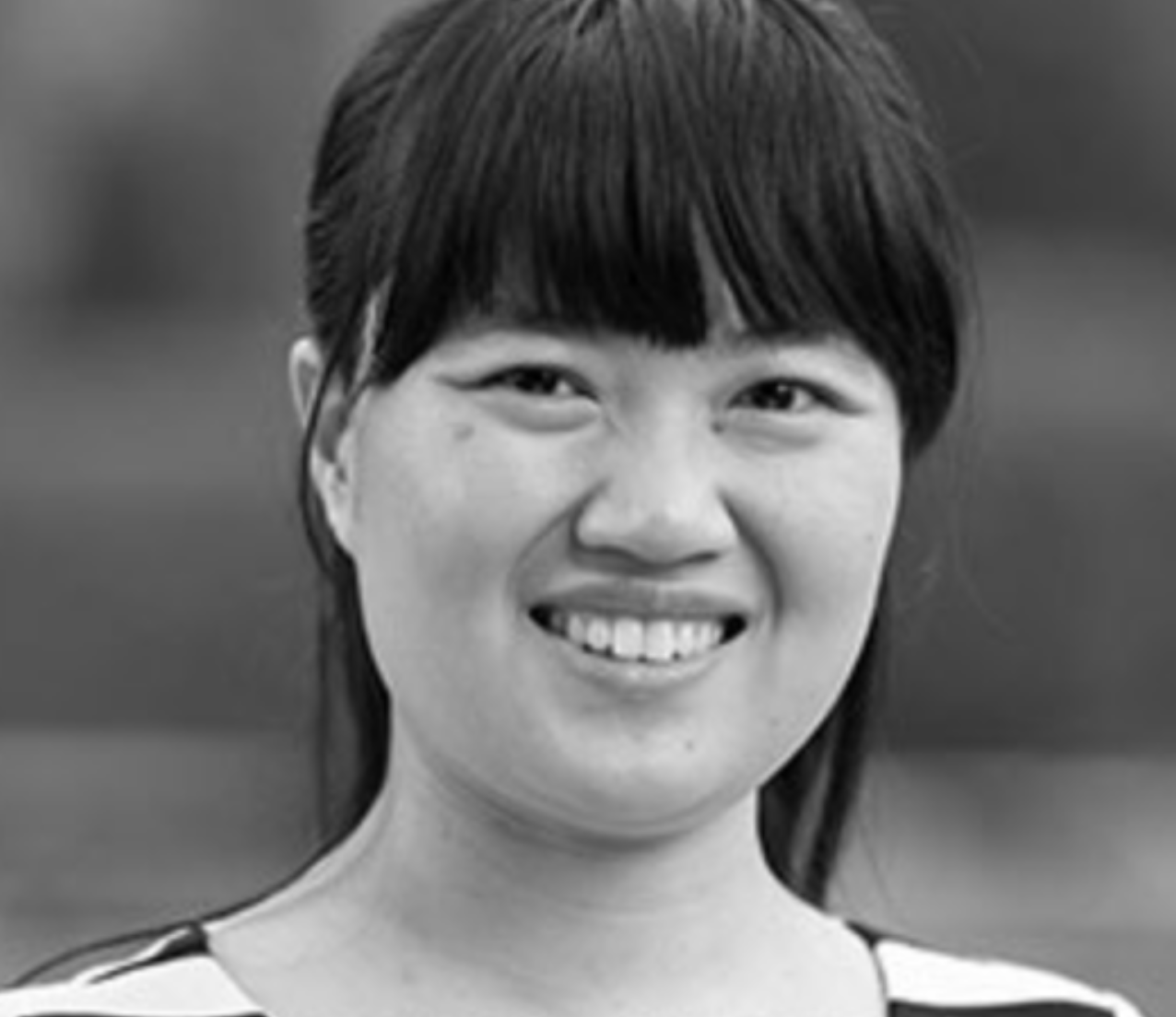
Dr. Houwei Cao is an Assistant Professor in the Department of Computer Science at New York Institute of Technology (NYIT). Her main areas of research are signal processing, machine learning, data mining and their applications in human-centric data analytics. She has substantial experience in speech and natural language processing, sentiment analysis, emotion and affect detection, multimodal data collection and dataset development. She won the audiovisual emotion recognition challenge (AVEC) in 2012. Dr. Cao is a member of ISCA, AAAC, and IEEE. She has served as program committee members and/or reviewers for more than ten journals and
conferences in speech and language processing, affective computing, and computer vision.
Houwei Cao
New York Institute of Technology
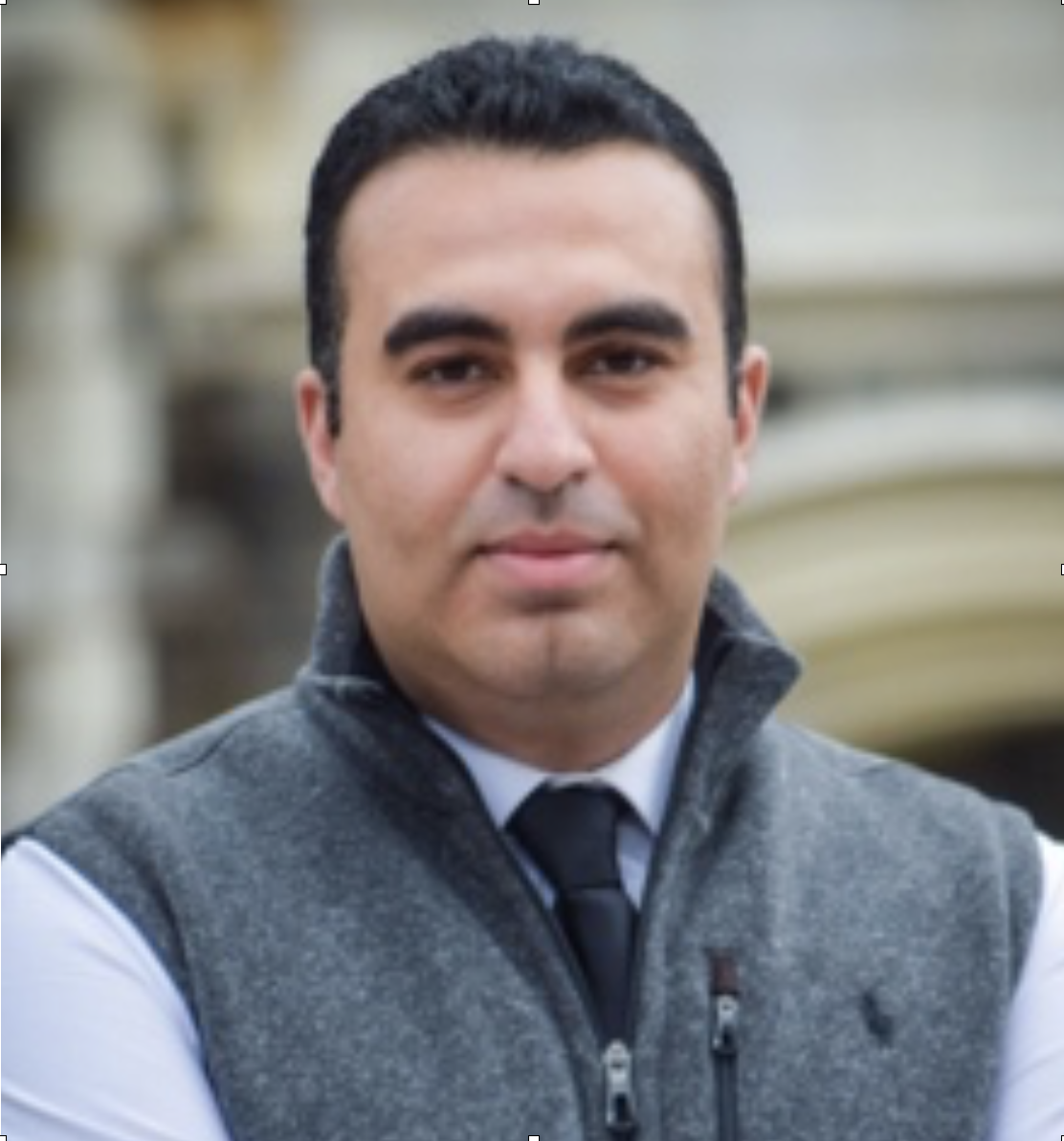
Ahmed Mohamed is an Assistant Professor of Electrical Engineering at the City College of the City University of New York (CUNY), and the director of the CUNY Smart Grid Interdependencies Laboratory (SGIL). He has been leading several research projects that are centered around Smart Grids, Renewable Energy Systems, and Critical Infrastructure Interdependencies. He has over 80 publications in these fields as book chapters and articles in premier journals and conference proceedings. Dr. Mohamed received several awards including the 2019 NSF CAREER award, and several of his IEEE papers received best-paper awards.
Ahmad Mohamed
City College of New York
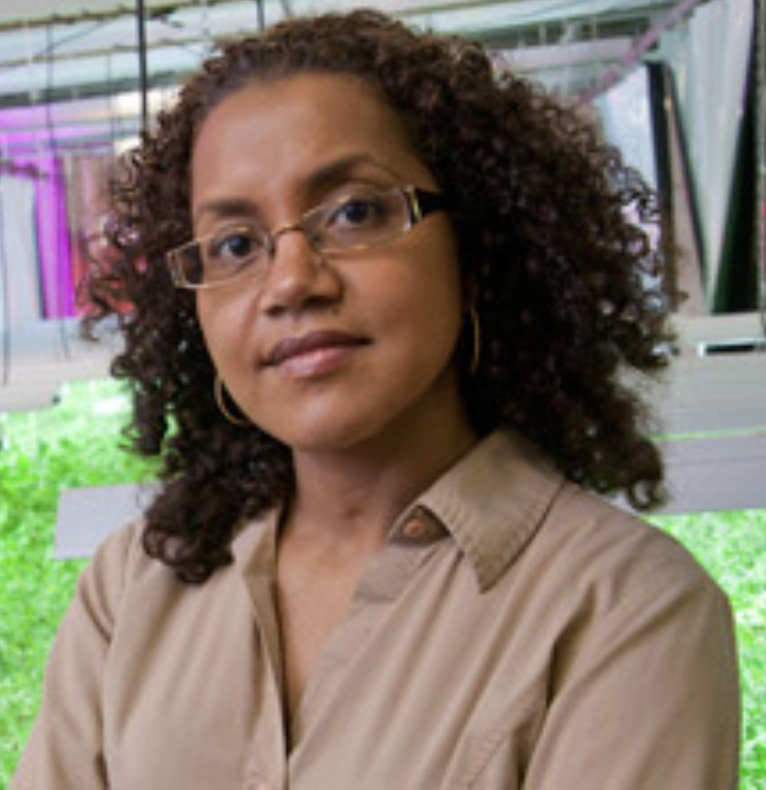
Weslynne Ashton is an Associate Professor of Environmental Management and Sustainability at the Illinois Institute of Technology Stuart School of Business. Dr. Ashton’s research focuses on industrial ecology and the circular economy, or how to optimize energy, water and material resource flows as well as human benefits in socio-ecological systems. Her work also examines developing entrepreneurial solutions to social and environmental challenges and the adoption of socially and environmentally responsible strategies in business, particularly small and medium enterprises (SMEs). She teaches courses in Business Strategy, Sustainability, Industrial Ecology, and Social Entrepreneurship.
Weslynne Ashton
Illinois Institute of Technology
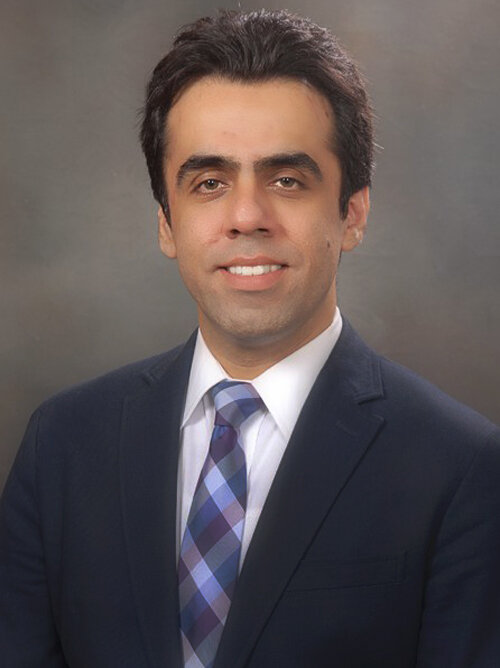
Ali Mostafavi darani
Texas A&M University

Dr. Michael Flaxman's primary research interest is in participatory tools for spatial simulation modeling as applied to the planning and design of cities and regions. He has served on the faculties of MIT, Harvard and the University of Oregon. Dr. Flaxman has practiced GIS-based planning in 17 countries, including one year as a Fulbright fellow in Canada.
Dr. Flaxman previously served as industry manager for Architecture, Engineering and Construction at ESRI, the world’s largest developer of GIS technology. Dr. Flaxman received his doctorate in design from Harvard University in 2001 and holds a master’s in Community and Regional Planning from the University of Oregon and a bachelor’s in biology from Reed College.
Michael Flaxman
Geodesign Technology
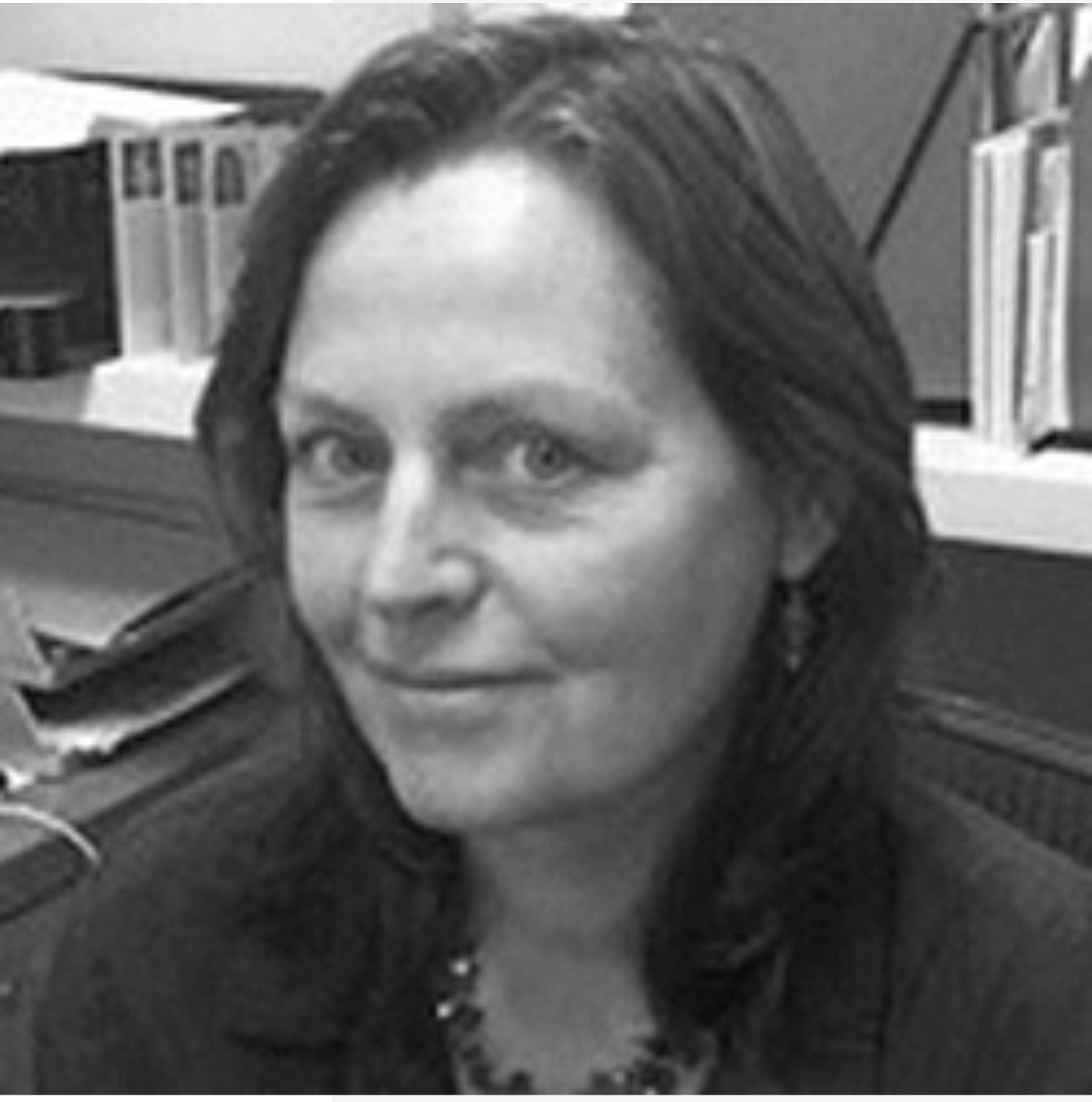
Marta A. Panero, Ph.D., joined New York Tech in 2011 as the director of strategic partnerships at NYIT College of Engineering and Computing Sciences. Since September 2018, Panero has served as the university’s executive director for external affairs. In this capacity, she works to develop partnerships with corporate, government, non-profit, and academic organizations in the creation of mutually beneficial programs. During her time here, she has secured several grants and developed funding initiatives in support of institutional and student success across the university.
Before joining New York Tech, Panero served for four years (2007–2011) as deputy director for New York University's Rudin Center for Transportation. There, she won research grants from the U.S. Department of Transportation, the New York State Energy Research and Development Authority, the New York Metropolitan Transportation Council, the Volvo Research and Education Foundations, and the Mineta Transportation Institute. In addition, Panero coordinated the Rudin Center's training programs for various transportation agencies.
Prior to August 2007, Panero directed "Industrial Ecology, Pollution Prevention and the New York/ New Jersey Harbor," a project at the New York Academy of Sciences (NYAS), where she started working in 1999. During her tenure there, Panero was part of a multidisciplinary team that developed six reports on the flow of contaminated materials affecting the New York/New Jersey Harbor and its watershed. She continued as a member of the NYAS environmental and transportation committees until 2012.
Panero earned a Ph.D. in economics from the New School for Social Research, where she specialized in sustainable economic development and environmental economics. She graduated summa cum laude from Fordham University with a B.A. in Social Studies.
Marta Panero
New York Institute of Technology

Nada Marie Anid, Ph.D., is vice president for Strategic Communications and External Affairs, a new office created by NYIT in May 2018 dedicated to articulating NYIT's mission as a premier polytechnic that fosters technology innovation and entrepreneurship.
A results-oriented leader with astute business acumen, Anid served as the first female dean of the NYIT School of Engineering and Computing Sciences since 2009. As dean, she spearheaded the creation of NYIT's NSA/DHS National Center of Academic Excellence in Cyber Defense Education, its federally and state-funded Entrepreneurship and Technology Innovation Center (ETIC), and its Empire State Development's Division of Science, Technology, and Innovation (NYSTAR)-certified business incubator. She also led the overhaul of the school's academic offerings and research facilities, and the recruitment of outstanding faculty in the areas of cybersecurity and IT, bioengineering, and clean energy and water. Under her tenure, the school forged new community ties and partnerships, created undergraduate honors and research programs, increased its enrollment, and produced unprecedented research output. Globally, she led the U.S.-China EcoPartnership with Peking University, which was sponsored by the U.S. State Department, and the Pathways for Cleaner Production in the Americas projects with seven higher education institutions across Latin America.
Long an advocate for women pursuing education and career opportunities in STEM fields, Anid's efforts in this area include her recent book, The Internet of Women: Accelerating Culture Change, a "Salon Talk" interview on Silicon Valley's gender culture for Salon.com, and opinion articles in Forbes, Fox, University Business, and the Huffington Post, among others. In March 2019, Anid was instrumental in launching the Women’s Corporate Council, a group of female leaders whose goal it is to empower and inspire others within the NYIT community and beyond. The council’s initial areas of focus include addressing mentoring and career development opportunities; work/life balance; network development; research on gender studies; and discussions on how to address cross-cultural and unconscious bias and bridging the gender gap.
She is also the recipient of numerous awards, including the Long Island Software and Technology Network (LISTnet) Diamond Award, which recognizes her significant contributions toward the advancement of women in technology on Long Island and her professional achievements in the technology field. In 2015, she received a 100 Inspiring Women in STEM Award from INSIGHT Into Diversity magazine. Long Island Business News three times named her as one of the Top 50 Most Influential Women in Business in recognition of her achievements in workforce and economic development.
Anid serves as chair of the American Institute of Chemical Engineers (AIChE) Public Affairs and Information Committee (PAIC) and is a member of the Managing Board of the Institute for Sustainability of AIChE. She also is a member of the Board of Directors of LISTnet, the Riverdale Nature Preservancy, and the Girl Scouts of Nassau County. Additionally, she is an active member of the American Society of Engineering Education (ASEE) and its Public Policy, Diversity, Data, and K–12 committees; the New York Academy of Sciences; the Long Island Regional Economic Development Council's Education and Workforce Committee; the Long Island STEM Hub; and the New York State STEM Education Collaborative.
Anid is an accomplished scholar and expert reviewer for the federal government and several engineering journals. She is a member of the editorial advisory board of the Journal of Environmental Progress and Sustainable Energy and served as guest editor of its January 2018 issue on the Food Energy Water Nexus.
She earned her Ph.D. in environmental engineering from the University of Michigan (Ann Arbor), and bachelor's and master's degrees in chemical engineering from KTH Royal Institute of Technology in Stockholm, Sweden. She is among the first engineers to study the role of vitamin B12 and other organometallic coenzymes in the dechlorination of important toxic molecules such as carbon tetrachloride and polychlorinated biphenyls.
Nada Anid
New York Institute of Technology
Nadia Aslam
New York Institute of Technology

Dr. Sarah McPherson is the evaluator for the NSF RCN project and the NSF FASTRAC project at NYIT. Since 2013 she has been the evaluator for the NYIT REU: Research Experience for Undergraduates, SmartPhones and Security NSF grant. She also served as evaluator for the NSF TUES: Enhancing the Electrical and Computer Engineering Curriculum by Integrating Applications of Wireless Technology project, 2011-2015. She was Co-PI and Evaluator for the Pathways to Cleaner Production in the Americas, Higher Education Development funded project, 2011-2014. Dr. McPherson is currently lead reviewer for the International Society for Technology in Education Higher Education Recognition Program. Dr. McPherson chaired the NYIT Instructional Technology 2004-2016.
Sarah McPherson
New York Institute of Technology
Joshua Sperling
National Renewable Energy Laboratory
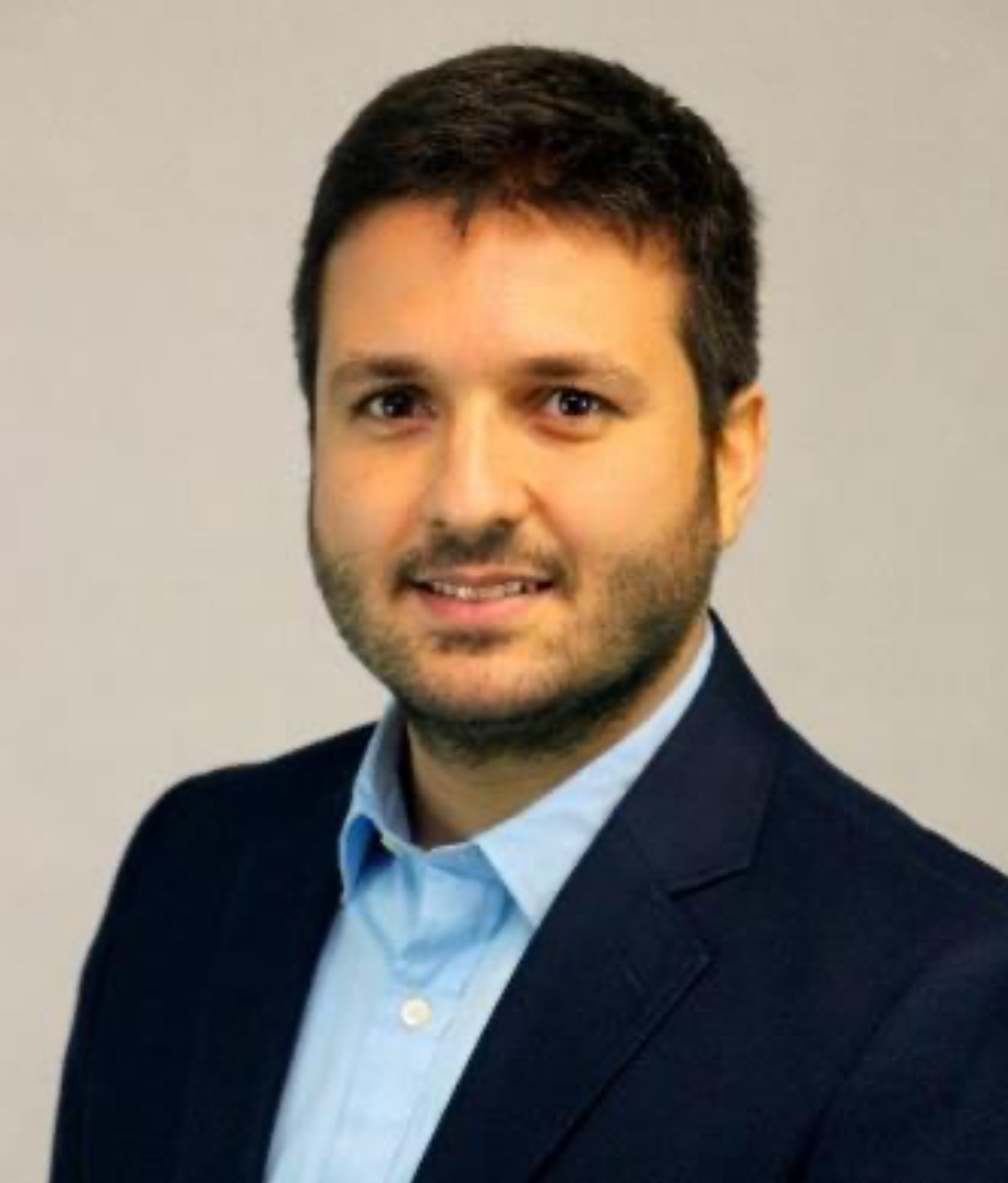
Bassel Daher is a Research Associate at the Department of Biological and Agricultural Engineering at Texas A&M University (since 2014) and a Fellow at the Institute for Science, Technology & Public Policy at The Bush School of Government and Public Service. He served as Project Coordinator at Texas A&M’s Water-Energy-Food Nexus Initiative (2015- 2018). Daher is interested in bridging physical and social sciences to develop analytics that catalyze an evidence-based, multi-stakeholder dialogue around trade-offs associated with technological, policy, and social interventions to address interconnected water, energy, and food security challenges. He focuses on doing so guided by circular economy principles, and in the context of implementing the Sustainable Development Goals (SDGs). He is also interested in methods for improving convergence between academic and stakeholder groups and enhancing governance of water-energy-food systems.
Bassel Daher
Texas A&M University
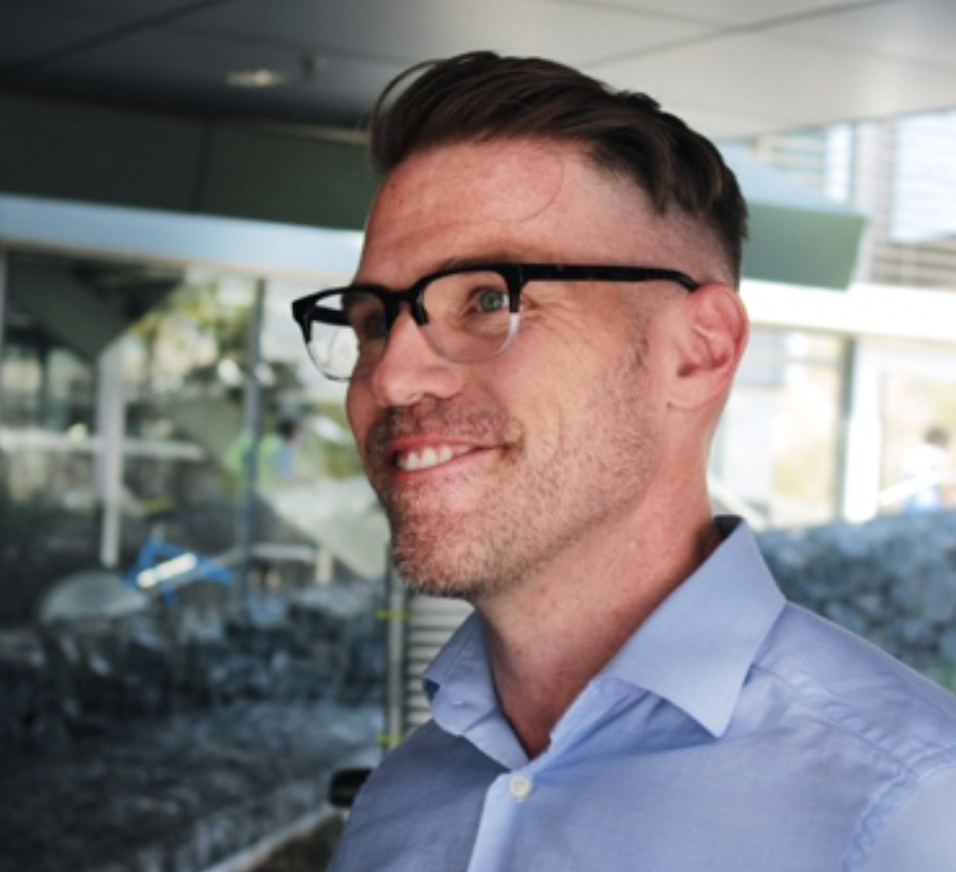
Dr. Coseo is a researcher at Arizona State University where he investigates how planning and design strategies can reduce extreme urban climates for more thermally-resilient communities. Extreme microclimatic conditions can disrupt energy, water, and food systems creating challenges for urban sustainability and resilience. Working at the intersection of meteorology, planning, and design, he integrates 1) urban climatology, 2) urban ecology, 3) thermal equity, and 4) participatory research and design processes to comprehensively reshape neighborhood atmospheres. His research extends from analysis of social, ecological, and technological drivers of extreme temperatures to design processes that address those drivers to monitoring implemented strategies.
Paul Coseo
Arizona State University

Dr. Chingwen Cheng is Assistant Professor of Landscape Architecture and Senior Sustainability Scientist at Arizona State University. Her research, teaching, and practice have integrated social-ecological-technological systems design connected with community and stakeholders in participatory processes for the development of sustainable and resilient landscape and urban strategies. She has developed spatial assessment framework for Climate Justicescape and evaluated the effects of stormwater green infrastructure system to mitigate floods and improve water quality through hydrological modeling and field experiments. In addition, she has conducted multiple workshops with stakeholders and communities in the planning and design processes and how the process as well as design outcomes help to enhance community resilience to cope with climate change impacts and address climate justice among vulnerable populations. She employs participatory-action design, spatial analysis and statistics, and quasi-experiment mixed methods. She holds degrees of PhD in Regional Planning at University of Massachusetts Amherst, Master in Landscape Architecture at University of Michigan, and Bachelor of Science in Horticulture and Landscape Architecture at National Taiwan University. Dr. Cheng is a licensed Professional Landscape Architect and LEED Accredited Professional with extensive professional experiences in Chicago and Tampa Bay areas.
Chingwen Cheng
Arizona State University
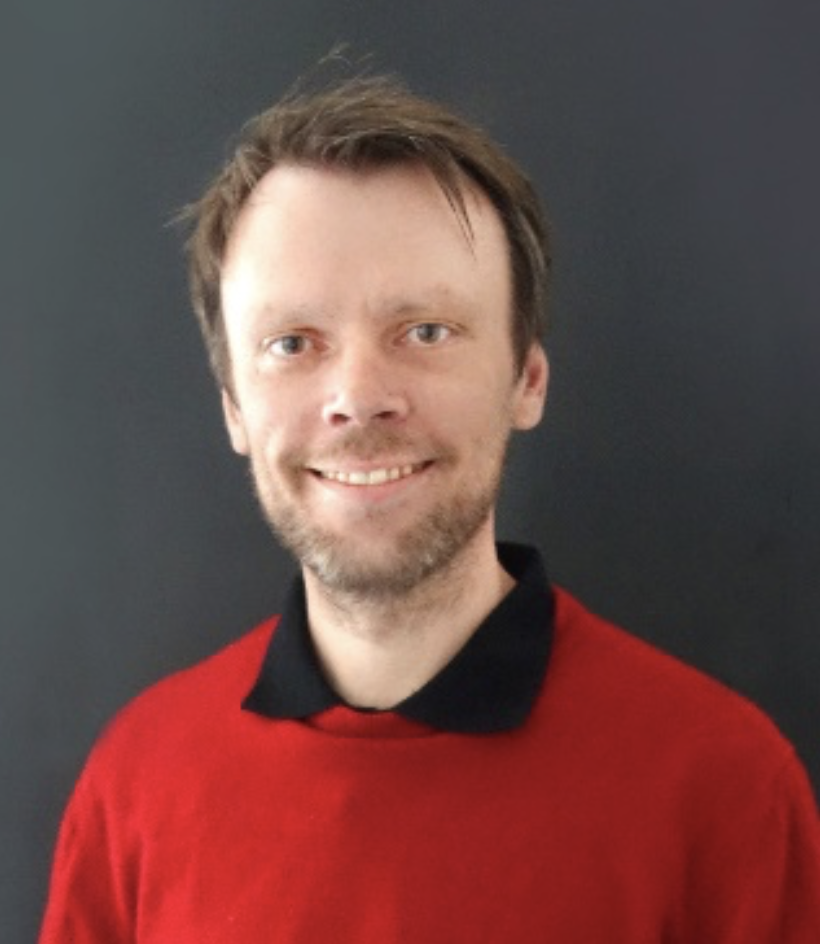
Reiner Braun is a senior scientist at the Herman Hollerith Zentrum (HHZ) at Reutlingen University, Germany. He finished his bachelor studies for building physics at the HFT Stuttgart focusing on theoretical building physics and acoustics. In addition, he holds a M.Sc. in building restoration from the Karlsruhe Institute of Technology (KIT, Germany). Before joining Reutlingen University, he worked for the University of Applied Sciences Stuttgart (HFT) as managing director of the Centre for Sustainable Energy Technology (zafh.net). Mr. Braun is the head of the Smart City Living Lab at the HHZ where his research activities are concentrated on the development of energy and mobility concept for regions and cities, IoT networks, data analytics and the development urban data models to characterize the food, energy and water nexus on an urban district level.
Reiner Braun
Reutlingen University